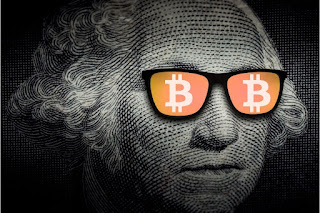There's a growing concern about an AI bubble

Despite massive investments and hype, AI hasn't yet delivered on its promised transformative impact. Experts believe it will take much longer than expected to see significant changes in daily life and the economy. Key issues: Overhyped Expectations Massive investments: Tech giants and startups are pouring billions into AI research, development, and infrastructure. This includes acquiring AI startups, building specialized AI chips, and constructing massive data centers. Inflated valuations: The stock market has rewarded companies that integrate AI into their business plans, leading to inflated valuations and a fear of missing out (FOMO) among investors. Unrealistic timelines: There's a tendency to overestimate the speed at which AI will revolutionize industries and daily life, leading to unrealistic expectations about its near-term impact. Limited Practical Applications Narrow intelligence: While AI excels at specific tasks like image recognition and language translation, it...
